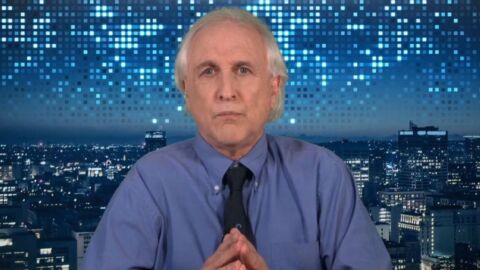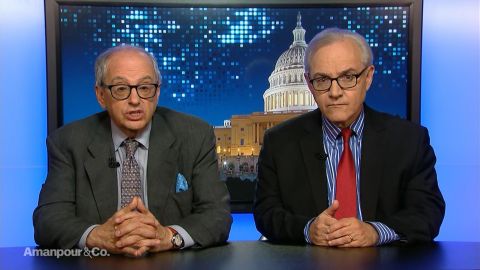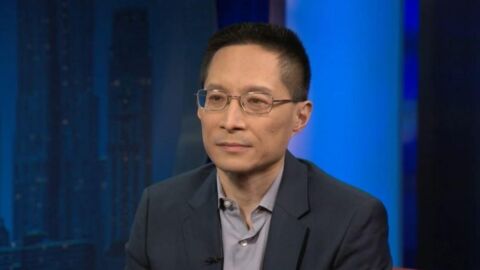Read Transcript EXPAND
JOHN BACHMAN, FORMER EPA ASSOCIATE DIRECTOR FOR SCIENCE/POLICY: The new methodology is really part of something that is done on all federal regulations, especially ones that affect the environment, that is to do a cost/benefit analysis. To do that, if you have to calculate the cost and then you want to calculate the benefits. And they want to — they are twisting the way that we’ve been doing it — or not we anymore, but the way EPA’s been doing it for a decade or so, from a point where you make some assumptions that the effects of air pollution actually go to very low levels and there’s no obvious thresholds. So, you can calculate a risk and a benefit of reducing air pollution. In this case, they’re about to put out a new regulation that relaxes an air pollution standard that was put out by the Obama administration, the Clean Power Plan. And that plan was intended to address climate change. So, they have changed two ways they want to change how they do benefits. The first way would be to hide the ball, that is, we’re only going to look at the benefits we’re trying to get from this regulation, which is to reduce clean house gas pollutants. And if we do that, and we don’t even look at the other potential benefits that come with that action, then you get an example where taking that rule away might produce some benefits because we don’t have as good a data for how to monetize the benefits of greenhouse gas reductions as we do for some other pollutants.
CHRISTIANE AMANPOUR: So, I have to say it does sound very, very complex.
BACHMAN: Yes.
AMANPOUR: So, I’m just going to stop you there and ask you what impact do you believe that will have on the ordinary citizen.
BACHMAN: Well, as a matter of fact, the relaxation of this regulation, when they do the calculations, would increase the number of premature deaths from air pollution by about 1,000 per year, and there would be tens of thousands of people who suffer — who are sensitive who suffer asthma, aggravation, school absences, work absences and other events related to their health.
AMANPOUR: Well, that sounds very dramatic. I mean, can one really change the calculation to a point that it would result in that kind of risk and that kind of impact?
BACHMAN: Well, the first example I gave you ignores the calculation, it just says, “We’re not going to count it.” It’s like saying when they developed Viagra as a drug to help your heart, let’s ignore a side benefit that turns out to be the main use of it today. And the side benefit of an air pollution reduction that comes with the Clean Power Plan is it reduces sulfur dioxide and nitrogen dioxide emissions which makes small particles which causes very serious health effects.
About This Episode EXPAND
Christiane Amanpour speaks with E.J. Dionne & Norman Ornstein about President Trump’s actions. She also speaks with John Bachmann about the EPA’s latest move to change the way air pollution deaths are counted. Michel Martin speaks with Eric Liu about the lessons in civility he argues for in his book, “Become America.”
LEARN MORE


